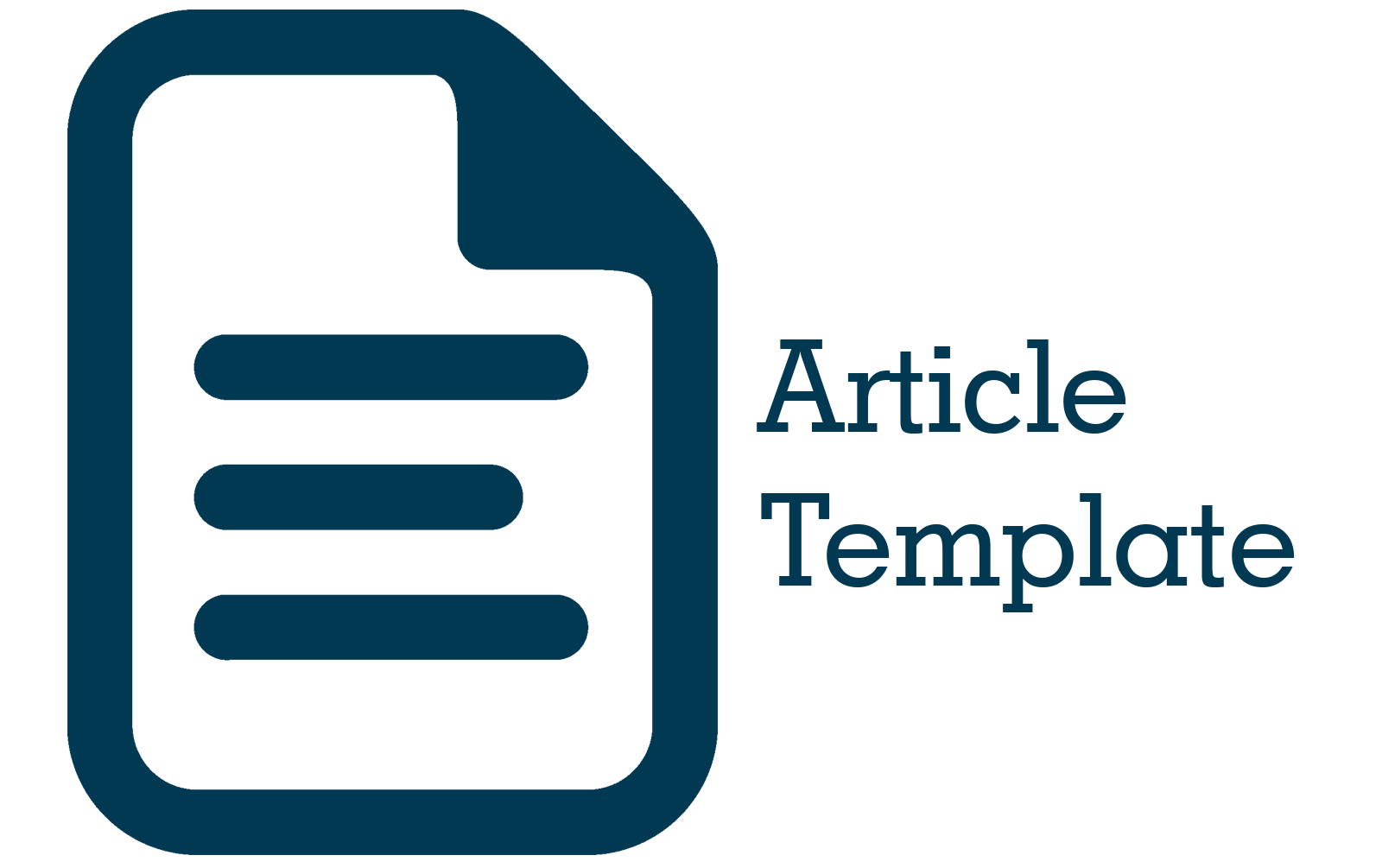Hubungan Dukungan Suami dengan Pemberian ASI Eksklusif di Wilayah Kerja Puskesmas Tamansari Tahun 2024
Abstract
Abstract. Breast milk (ASI) is the sole source of nutrition for infants aged 0-6 months and is recommended to continue until the child reaches two years of age. The exclusive breastfeeding coverage in Indonesia, based on WHO data in 2022, was recorded at only 67.96%. One of the factors that can affect the success of exclusive breastfeeding is the low level of support from husbands and families. This study aims to determine whether there is a relationship between husband’s support and the success of exclusive breastfeeding in the working area of the Tamansari Health Center. This research employs an observational analytic study with a cross-sectional approach, collecting primary data using a questionnaire instrument from 154 samples. The statistical test results, analyzed using the Chi-Square test, showed a p-value of 0.335 (p > 0.05), indicating that the null hypothesis (Ho) is accepted and the alternative hypothesis (Ha) is rejected. This result demonstrates that there is no relationship between husband support and the success of exclusive breastfeeding. This study concludes that husband support does not significantly influence exclusive breastfeeding practices.
Abstrak. Air susu ibu (ASI) merupakan satu-satunya makanan yang dikonsumsi bayi berusia 0-6 bulan pertama hidupnya, yang kemudian dilanjut hingga berusia dua tahun. Cakupan ASI eksklusif di Indonesia berdasarkan data yang diperoleh WHO tahun 2022, tercatat hanya 67,96%. Salah satu faktor yang dapat mempengaruhi keberhasilan pemberian ASI eksklusif diantaranya pengaruh dukungan suami dan keluarga rendah. Penelitian ini bertujuan untuk melihat apakah terdapat hubungan antara dukungan suami dengan pemberian ASI eksklusif di wilayah kerja Puskesmas Tamansari. Metode penelitian ini menggunakan penelitian analitik observasional dengan pendekatan cross sectional yang mengambil data primer menggunakan instrument penelitian kuesioner kepada 154 sampel. Hasil uji statistik yang diperoleh menggunakan analisis Chi Square, diperoleh hasil nilai p sebesar 0,335 > (nilai p > 0,05) sehingga Ho diterima dan Ha ditolak, menunjukkan tidak adanya hubungan antara dukungan suami terhadap keberhasilan ASI eksklusif. Penelitian ini membuktikan bahwa dukungan suami tidak memberikan pengaruh terhadap pemberian ASI eksklusif.
References
[2] R. A. D. Andriani and U. M. Dewi, “Hubungan Dukungan Suami Dengan Keberhasilan Pemberian ASI Eksklusif Pada Ibu Bekerja,” Jurnal Bidang Ilmu Kesehatan, vol. 11, no. 1, pp. 88–93, Jun. 2021, [Online]. Available: http://ejournal.urindo.ac.id/index.php/kesehatan
[3] R. Septiana Silaen, R. Novayelinda, and R. M. Zukhra, “Hubungan Dukungan Suami dengan Pemberian ASI Eksklusif,” Journal of Holistic Nursing and Health Science, vol. 5, no. 1, pp. 1–10, Jun. 2022, [Online]. Available: https://ejournal2.undip.ac.id/index.php/hnhs
[4] A. N. Hidayati, S. Makrifah, S. N. Chaliza, and Y. Nurdiantami, “Pengaruh Dukungan Suami Terhadap Istri Dalam Pemberian ASI Eksklusif di Indonesia: A Systematic Review,” Jurnal Kesehatan Tambusai, vol. 2, no. 3, p. 112, Sep. 2021.
[5] S. Wulandari and E. Nurlaela, “Hubungan Dukungan Suami dengan Pemberian ASI Eksklusif : Literature Review,” Seminar Nasional Kesehatan, vol. 10, no. 1, pp. 1984–1995, Dec. 2021.
[6] S. R. Wulandari and W. Winarsih, “Hubungan Dukungan Suami Dengan Pemberian ASI Eksklusif,” Jurnal KEsehatan Samodra Ilmu, vol. 14, no. 1, pp. 8–12, May 2023, [Online]. Available: https://doi.org/xx.xxxxx/xxxxx
[7] D. Fitriani, A. Jhonet, F. O. Shariff, and E. N. Putri, “Hubungan Pengetahuan, Pekerjaan, dan Dukungan Suami Terhadap Pemberian ASI Eksklusif,” PREPOTIF Jurnal Kesehatan Masyarakat, vol. 5, no. 2, pp. 596–603, Oct. 2021.
[8] K. Ramadhan, C. Entoh, N. Nurfatimah, and A. Aminuddin, “Inisiasi Pembentukan Ayah ASI: Pentingnya Dukungan Suami Dalam Keberhasilan Menyusui,” Jurnal Masyarakat Mandiri, vol. 6, no. 1, pp. 611–619, Feb. 2022, doi: 10.31764/jmm.v6i1.6541.
[9] R. H. Saraha and R. Umanailo, “Faktor-Faktor Yang Berhubungan Dengan Keberhasilan ASI Eksklusif,” Jurnal Kesehatan Poltekkes Kemenkes RI Pangkalpinang, vol. 8, no. 1, pp. 27–36, Jun. 2020.
[10] H. Assriyah, I. Rahayu, H. Hidayanti, A. R. Thaha, and N. Jafar, “Hubungan Pengetahuan, Sikap, Umur, Pendidikan, Pekerjaan, Psikologis, dan Inisiasi Menyusui Dini Dengan Pemberian ASI Eksklusif di Puskesmas Sudiang,” Journal of Indonesian Community Nutrition, vol. 9, no. 1, pp. 30–38, 2020.
[11] N. M. Shohaimi et al., “Intention and practice on breastfeeding among pregnant mothers in Malaysia and factors associated with practice of exclusive breastfeeding: A cohort study,” PLoS One, vol. 17, no. 1, p. e0262401, Jan. 2022, doi: 10.1371/JOURNAL.PONE.0262401.
[12] D. D. Jebena and M. W. Tenagashaw, “Breastfeeding practice and factors associated with exclusive breastfeeding among mothers in Horro District, Ethiopia: A community-based cross-sectional study,” PLoS One, vol. 17, no. 4, p. e0267269, Apr. 2022, doi: 10.1371/JOURNAL.PONE.0267269.
[13] M. Sultana et al., “Knowledge, attitudes, and predictors of exclusive breastfeeding practice among lactating mothers in Noakhali, Bangladesh,” Heliyon, vol. 8, no. 10, Oct. 2022, doi: 10.1016/j.heliyon.2022.e11069.
[14] I. Bakri, M. M. Sari, and F. D. Pertiwi, “Hubungan Dukungan Suami Dengan Pemberian ASI Eksklusif di Wilayah Kerja Puskesmas Sempur Kota Bogor Tahun 2018,” PROMOTOR Jurnal Mahasiswa Kesehatan Masyarakat, vol. 2, no. 1, pp. 27–36, Feb. 2019.
[15] S. A. Yuliana, Y. Ernawati, and H. Febriana, “Hubungan Dukungan Sosial Suami dengan Keberhasilan Pemberian ASI Eksklusif di Desa Madurejo Prambanan,” Program Studi Ilmu Keperawatan STIKES Wira Husada Yogyakarta, vol. 8, no. 2, pp. 61–68, Oct. 2019.











